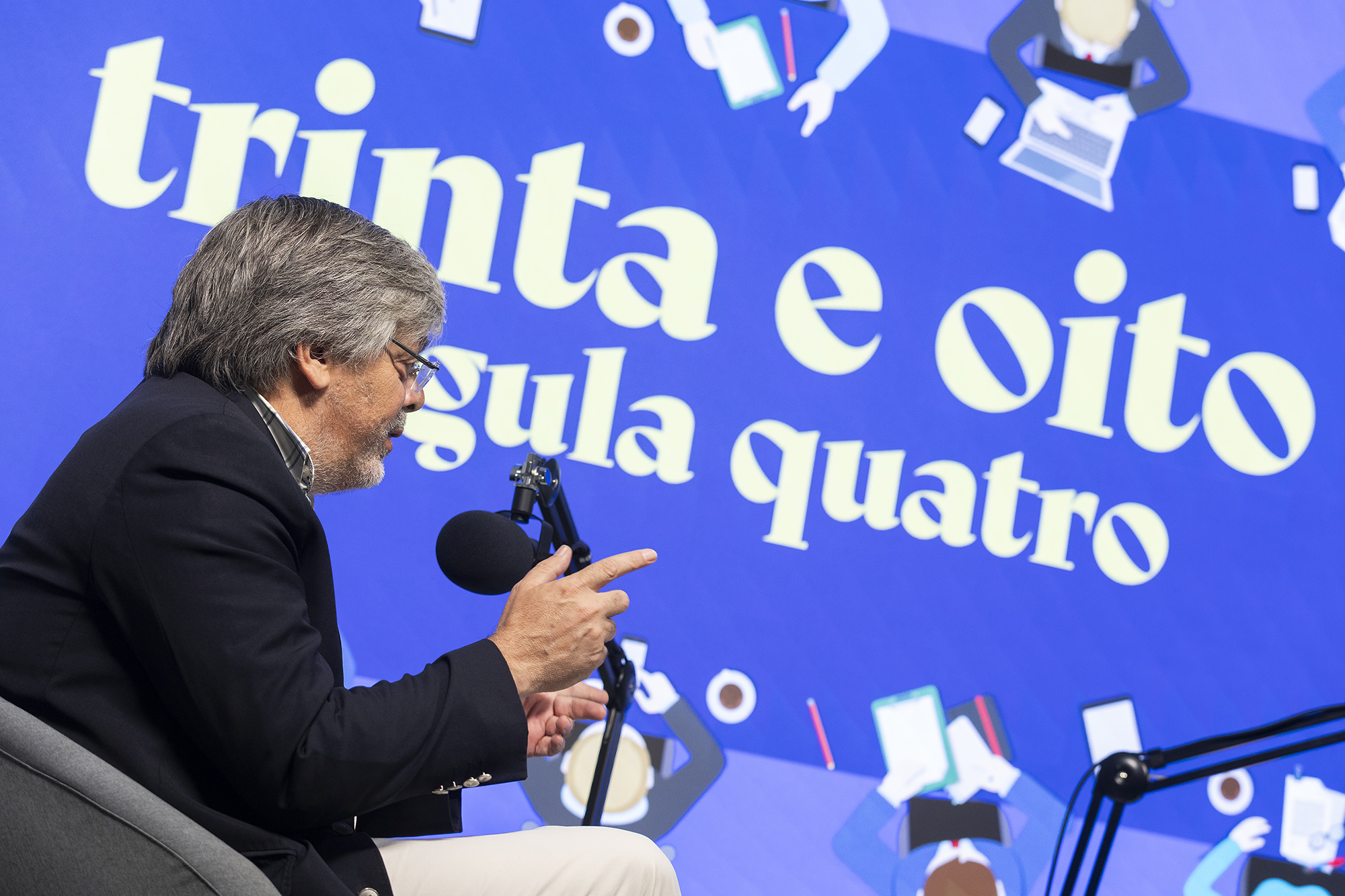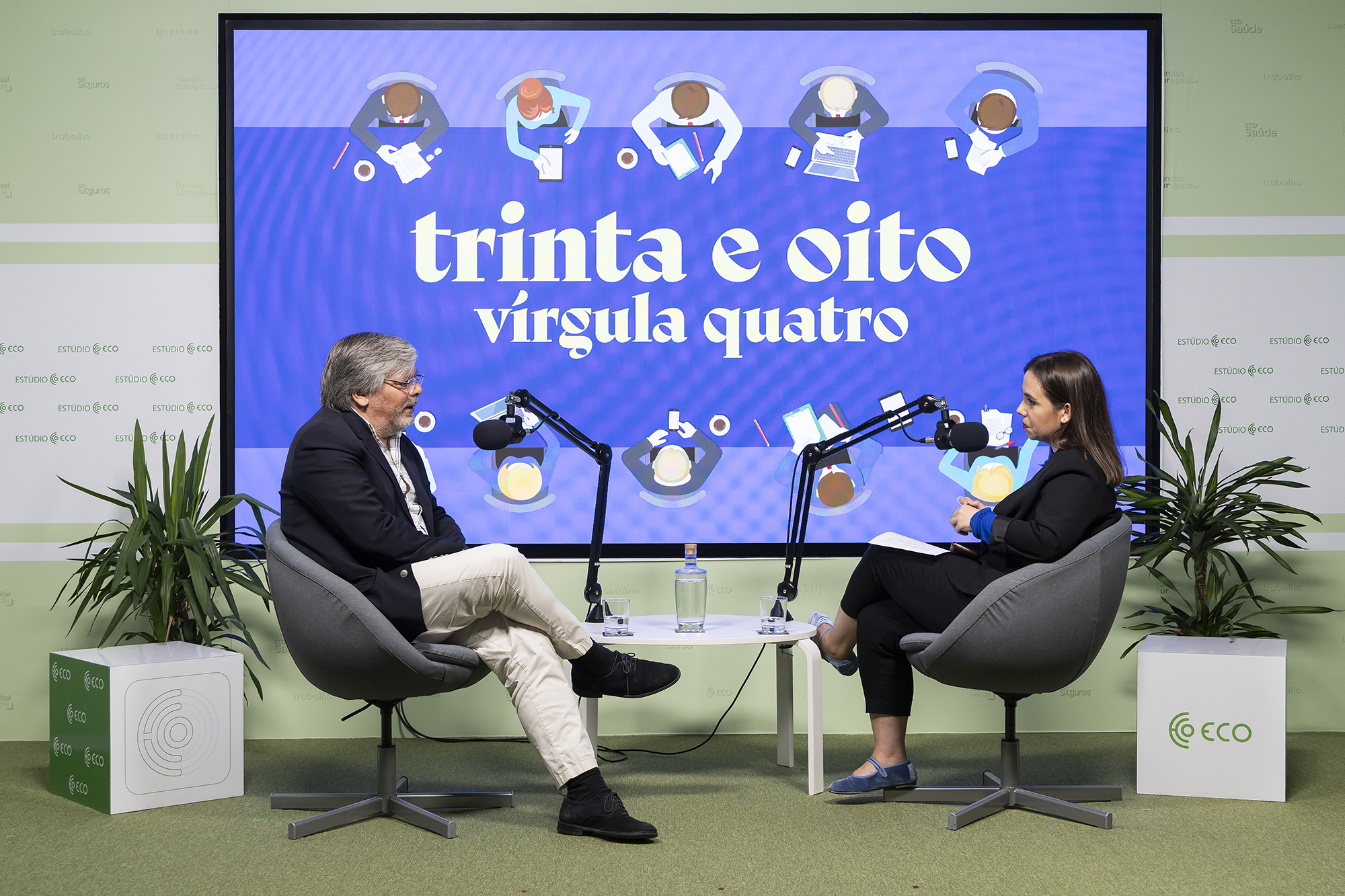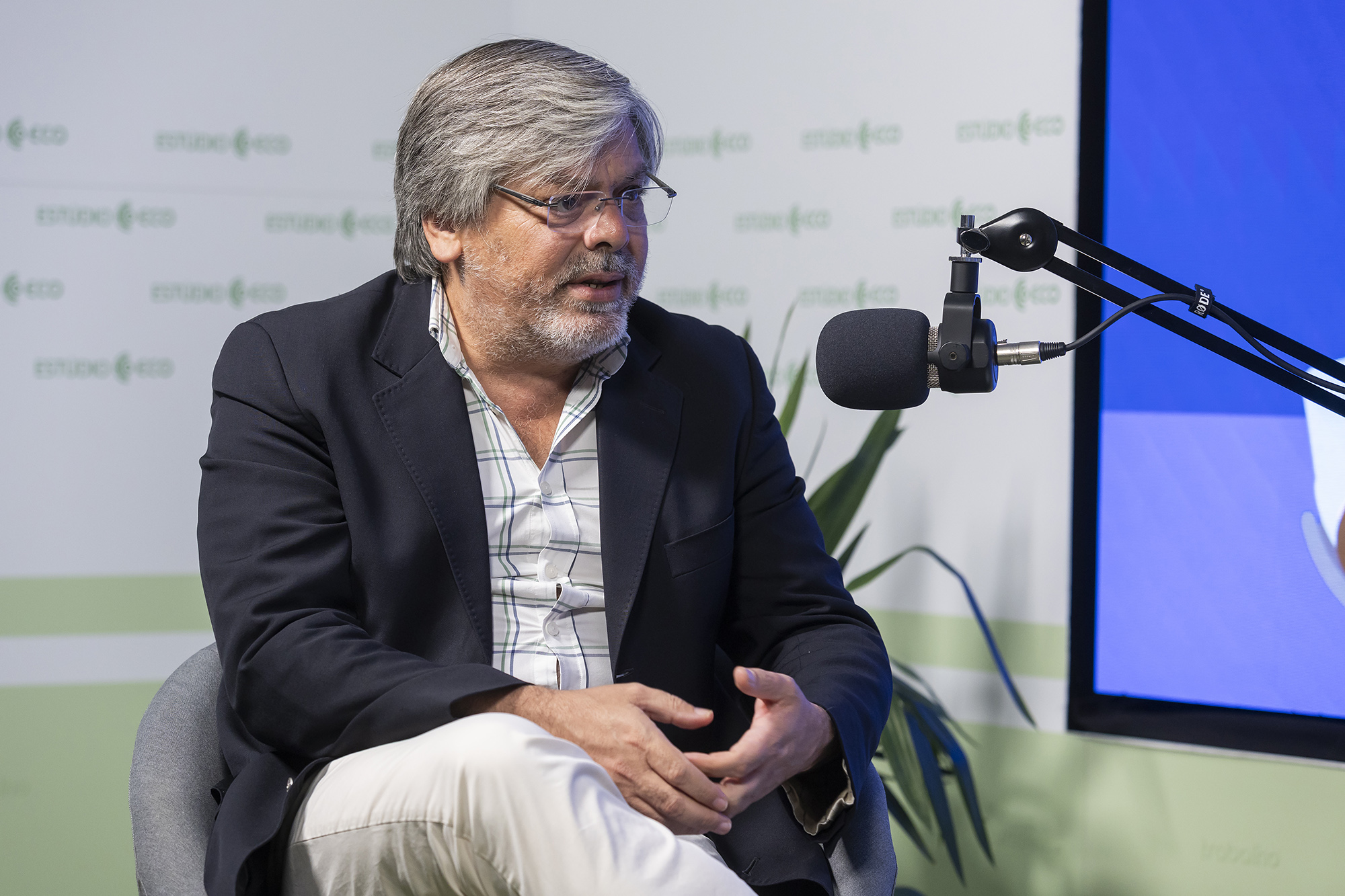Workers have already received four million euros via digital training check

In just over two years, the Employment and Vocational Training Institute (IEFP) has received 14,000 applications for the digital training check , six thousand of which have already been paid. The report was released on the podcast "Thirty-eight vírgula quatro" by Luís Ribeiro, who revealed that four million euros have been transferred to workers who applied for this measure, which provides up to 750 euros to those who complete training in, for example, cybersecurity or digital marketing .
"We've already received over 14,000 applications. We have over six thousand paid applications. We've already reached four million euros in payments. We have approximately seven million euros committed ," said the head of the IEFP's Employment + Digital Project Team, in the aforementioned Trabalho by ECO podcast (which you can listen to in full in the player above ).
The digital training check was announced in the summer of 2023 (still by the Government of António Costa), with a view to “ supporting the development of skills and qualifications in the digital domain of workers ” by granting support of up to 750 euros.
All workers “regardless of their employment relationship” (dependent workers, self-employed workers, sole traders or partners in single-member companies) can apply , and this measure covers training provided both in person and remotely or in a mixed format.
Applications began in September 2023 and were scheduled to end in September of this year . However, this deadline has been extended until the end of 2025, as ECO first reported .
Now, Luís Ribeiro admits, in "Trinta e oito virgula quatro," that this deadline could be extended again by six months . "Currently, all applications submitted by December 31st and whose training activities are completed by that date will be subject to review and support. Perhaps, in the coming weeks, we may have news about a new and potential extension, at least until June 2026 ," he stated.

Luís Ribeiro, head of the IEFP's Employment + Digital Project team, in an interview with the ECO podcast "Thirty-eight point four" Hugo Amaral/ECO 
Luís Ribeiro, head of the IEFP's Employment + Digital Project team, in an interview with the ECO podcast "Thirty-eight point four" Hugo Amaral/ECO 
Luís Ribeiro, head of the IEFP's Employment + Digital Project team, in an interview with the ECO podcast "Thirty-eight point four" Hugo Amaral/ECO
On the other hand, the person in charge responds directly to one of the most common criticisms of this measure: the fact that the candidate must first pay for the training and only then receive support from the IEFP .
"We knew that if there wasn't this kind of commitment from those who applied for the measure, we would have thousands, thousands and thousands of applications, and then, in the end, the training might not be completed ," explains Luís Ribeiro, recalling that this happened with another IEFP measure, which is why a different logic was applied this time.
"We knew that if there wasn't this kind of commitment from those who applied for the measure, we would have thousands, thousands and thousands of applications, and then, in the end, the training might not be completed."
This episode of the "Thirty-eight, four" podcast also features João Magalhães, CEO of Code for All , who reflects on the urgency of reskilling Portuguese workers . "It can be scary to hear that I either go back to school or I'll be obsolete," the entrepreneur admits .
"Thirty-eight comma four" is a biweekly podcast featuring interviews with decision-makers, leaders, and thinkers on the hottest topics in the labor market . The new season kicked off with episodes dedicated to the ongoing labor law reform and now continues with two episodes on training in Portugal .
ECO-Economia Online





